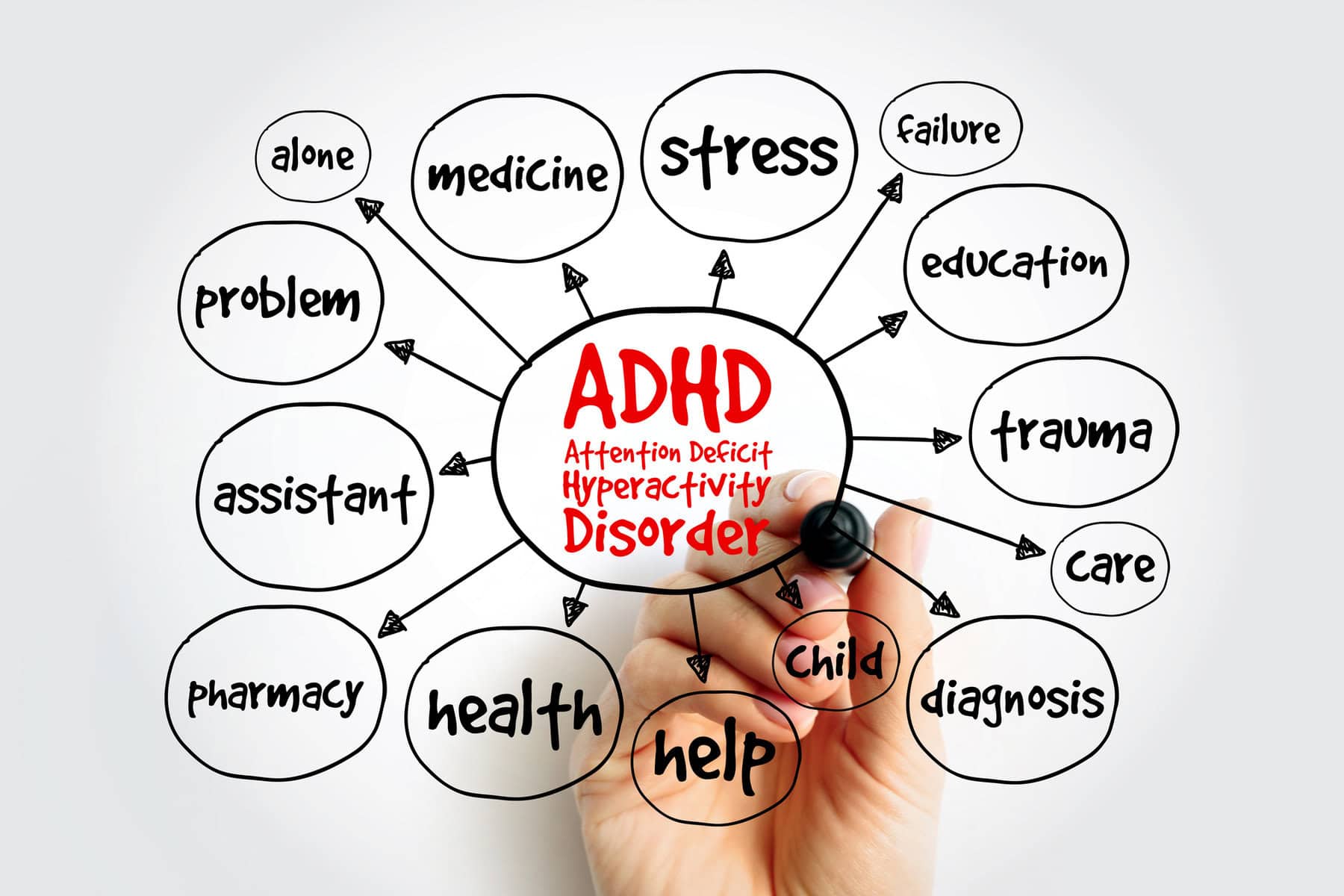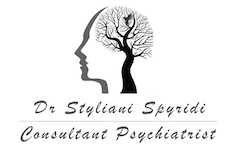By Dr. Styliani Spyridi, Psychiatrist | Psychiatry-cy, Limassol, Cyprus Why Managing Money Can Be Harder…

Thinking You Might Have ADHD as an Adult? Here’s What a Proper Assessment Should Include
Attention-deficit hyperactivity disorder (ADHD) is often thought of as a childhood condition, but many adults live with ADHD symptoms without knowing it. If you’re wondering whether you might have ADHD as an adult, it’s important to understand that a proper diagnosis is a thorough, evidence-based process. It’s not based on a quick quiz or a simple checklist you find online—it’s much more involved.
Leading guidelines from organizations like the UK Adult ADHD Network (UKAAN), the National Institute for Health and Care Excellence (NICE), the American Psychiatric Association (APA), the European Psychiatric Association (EPA), and ADHD Europe have outlined what a high-quality adult ADHD assessment should include. Here’s a breakdown of what you can expect from a proper ADHD assessment:
1. Comprehensive Clinical Interview
The first step in an ADHD assessment is a structured clinical interview with a trained psychiatrist. This isn’t just a casual conversation—it’s a detailed interview that explores your current symptoms, how they affect your day-to-day life, and any other mental health conditions that might be co-occurring with ADHD. The clinician will dive into your life history, challenges, and any specific areas where you feel your ADHD might be hindering your success, whether in work, relationships, or other aspects of life.
2. Developmental History Review
As per the guidelines from UKAAN and NICE, understanding your childhood is crucial in diagnosing ADHD. Symptoms of ADHD are believed to emerge before the age of 12, so the clinician will examine your childhood behaviors. This could involve reviewing school records or speaking with family members (like parents) who can provide insight into your behavior as a child. It’s important to confirm that symptoms were present in childhood to accurately diagnose ADHD.
3. Collateral Information
In addition to your own perspective, a proper ADHD assessment includes collateral information from people who are close to you—such as a partner, sibling, or parent. This helps to validate how your symptoms appear in different environments, whether at home, work, or in social situations. This feedback can provide valuable context for understanding how ADHD affects your everyday life.
4. Validated ADHD-Specific Tools
A high-quality ADHD assessment will also include the use of standardized, validated tools to measure ADHD-specific symptoms. These tools are designed to objectively assess symptoms of inattention, hyperactivity, impulsivity, and executive function. Some common ADHD-specific questionnaires include:
- DIVA-5 (a structured diagnostic interview)
- ASRS v1.1 (a self-screening questionnaire)
- Other ADHD-focused rating scales
These tools are scientifically validated to ensure that the diagnosis is based on consistent, measurable criteria rather than subjective impressions.
5. Cognitive & Neuropsychological Testing
In some cases, cognitive or neuropsychological testing may be used to assess key functions like working memory, processing speed, and executive functioning. This testing is particularly helpful when the diagnosis is unclear or when other conditions might be contributing to the symptoms. These tests can give a deeper understanding of how ADHD affects brain function and cognition, and whether other conditions—such as anxiety, depression, or learning disabilities—might be playing a role.
6. Discussion of Treatment Options
Once a diagnosis is made, the next step is discussing treatment options. A comprehensive treatment plan may include medication, cognitive-behavioral therapy (CBT), ADHD coaching, or a combination of these approaches. The right treatment will depend on the individual’s specific symptoms and needs, and a thorough assessment helps ensure you get the most appropriate support.
Why Online Checklists Aren’t Enough
While online ADHD checklists or quizzes may seem like a helpful first step, they are not sufficient for making a proper diagnosis. These tools can offer insights into potential ADHD symptoms, but they cannot replace a full assessment conducted by a trained professional. A real diagnosis involves careful evaluation, using international best practices and validated tools to ensure accuracy and thoroughness.
How We Can Help
At our clinic, we follow gold-standard procedures for adult ADHD assessment. Our approach is designed to give you clarity, confidence, and the right support to manage ADHD. If you think you might have ADHD and are looking for a comprehensive, professional evaluation, we’re here to help guide you through the process.



